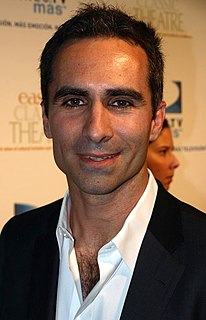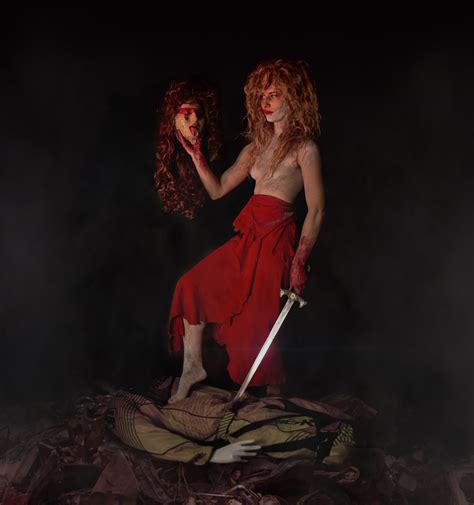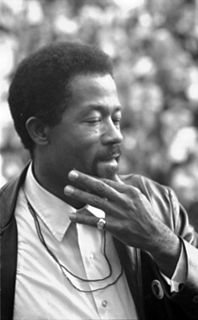A Quote by Mary Pope Osborne
Renaissance man, woman, either way it's a worthy pursuit! Like the painters of Emilia's day, I was raised in an environment that encouraged creative expression. Both my parents were artists, who didn't think much of TV and refused to upgrade our old black and white set. To entertain myself, I made art and wrote puppet shows.
Quote Topics
Art
Artists
Black
Black And White
Both
Both My Parents
Creative
Creative Expression
Day
Either
Encouraged
Entertain
Environment
Expression
Like
Made
Man
Much
Myself
Old
Our
Painters
Parents
Puppet
Puppet Shows
Pursuit
Raised
Refused
Renaissance
Renaissance Man
Set
Shows
Think
TV
Upgrade
Way
Were
White
Woman
Worthy
Wrote
Related Quotes
I was raised around a lot of artists, musicians, photographers, painters and people that were in theater. Just having the art-communal hippie experience as a child, there wasn't a clear line that was drawn. We celebrated creative experience and creative expression. We didn't try and curtail it and stunt any of that kind of growth.
In America, and no doubt elsewhere, we have such a tendency toward the segregation of cultural products. This is a black book, this is a gay book, this is an Asian book. It can be counterproductive both to the literary enterprise and to people's reading, because it can set up barriers. Readers may think, "Oh, I'm a straight man from Atlanta and I'm white, so I won't enjoy that book because it's by a gay black woman in Brooklyn." They're encouraged to think that, in a way, because of the categorization in the media.
When I think of the Harlem Renaissance, I think of bright colors, and bold, dynamic art. African American artists of the period were, in large measure, breaking out of the constrictions white society had set for them. They were claiming and remaking their own images, and doing so in bold and striking ways.
My mother teaches high school English, and she's an artist and a poet and a sculptor, she's published twelve poetry books. I grew up in a household in Venezuela with living, breathing art installations that were the way that she used to express herself, a highly creative environment where ideas were celebrated, where artistic expression was celebrated. Seeing her as somebody who was always able to have a creative output - if she felt sad, she wrote a poem, if she felt happy, she made a sculpture - I think for me, there was an early interest in finding outlets for my passions.
I've never seen a sincere white man, not when it comes to helping black people. Usually things like this are done by white people to benefit themselves. The white man's primary interest is not to elevate the thinking of black people, or to waken black people, or white people either. The white man is interested in the black man only to the extent that the black man is of use to him. The white man's interest is to make money, to exploit.
I was raised to believe that you had to do things better than white people in order to succeed. The old black shows were better than the white shows. "The Jeffersons" (1975) was a lot better. "Good Times" (1974) was way funnier. "Sanford and Son" (1972). Now, though, everyone thinks we're equal, so we submit the same shit that everyone else submits. And then we get mad when they won't air it. You got to go back to the old attitude of it has to be twice as good.
My parents both renounced their material lives and were living as monks at an ashram in L.A. when they met each other. So we were always raised in this environment and when we moved to the ashram in Florida it was just like, "Oh, wow, now all of a sudden there's more people like us," because we were growing up in the middle of Texas with our parents, always being the weirdos.
You are a white. The Imperial Wizard. Now, if you don't think this is logic you can burn me on the fiery cross. This is the logic: You have the choice of spending fifteen years married to a woman, a black woman or a white woman. Fifteen years kissing and hugging and sleeping real close on hot nights. With a black, black woman or a white, white woman. The white woman is Kate Smith. And the black woman is Lena Horne. So you're not concerned with black or white anymore, are you? You are concerned with how cute or how pretty. Then let's really get basic and persecute ugly people!
I would say I'm black because my parents said I'm black. I'm black because my mother's black. I'm black because I grew up in a family of all black people. I knew I was black because I grew up in an all-white neighborhood. And my parents, as part of their protective mechanisms that they were going to give to us, made it very clear what we were.






































